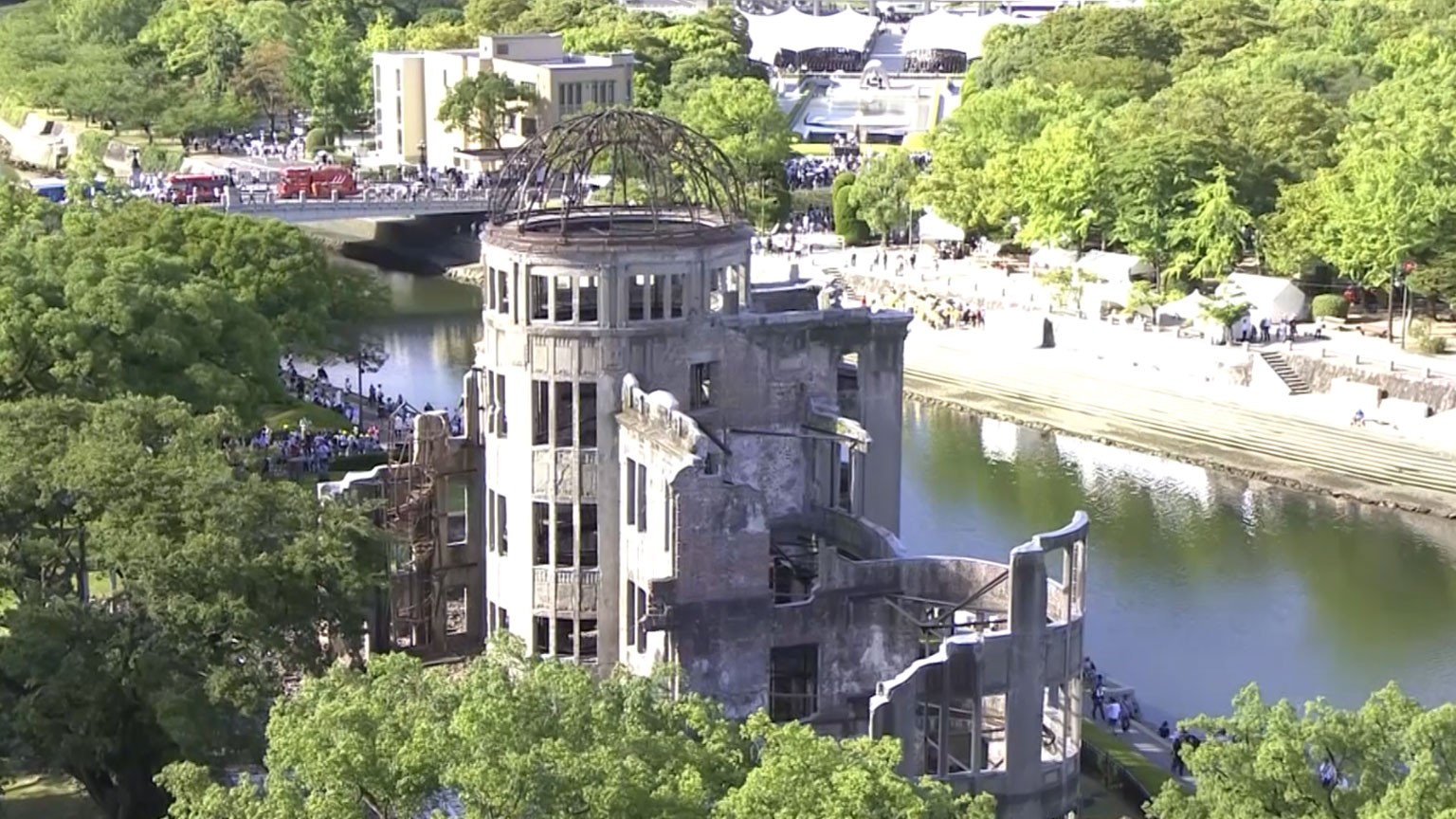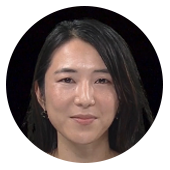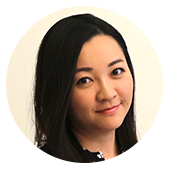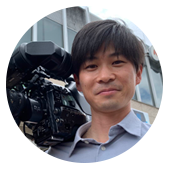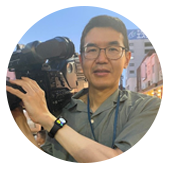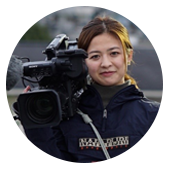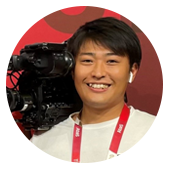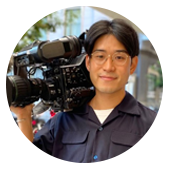Hiroshima remembers atomic bomb victims
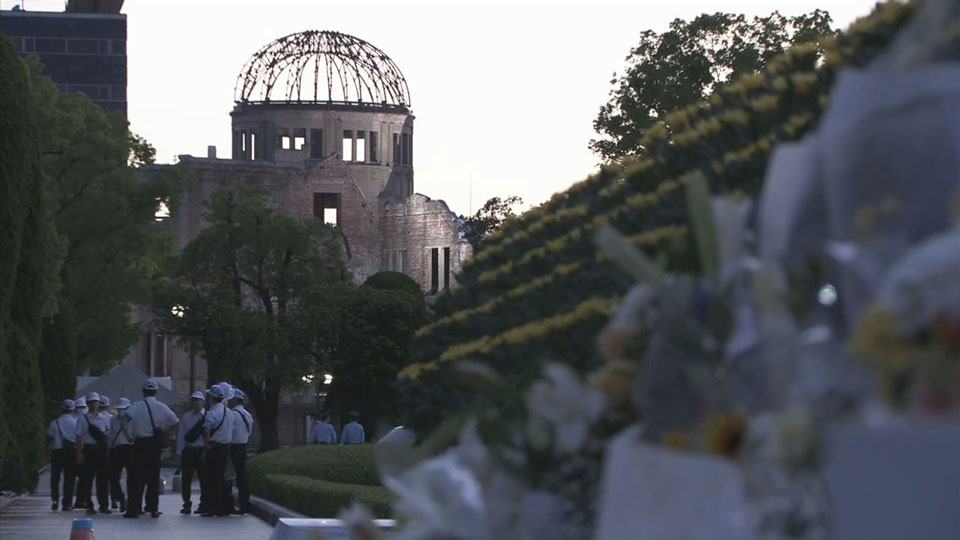
Many people gathered at Hiroshima's Peace Memorial Park in the early hours on Sunday. They came to share their wishes for peace.
A 80-year-old survivor was exposed to the radiation when she was two years old. She said she wanted to offer prayers to her late husband and parents: "I've been coming here for decades to pay my respects to my relatives who have died. I'm already old, and I wonder how many more times I'll be able to come."
A 82-year-old survivor said, "the words 'we shall not repeat the evil' are meaningful words, not only to the people in Hiroshima, but to everyone around the world."
NHK WORLD live from Hiroshima Peace Park
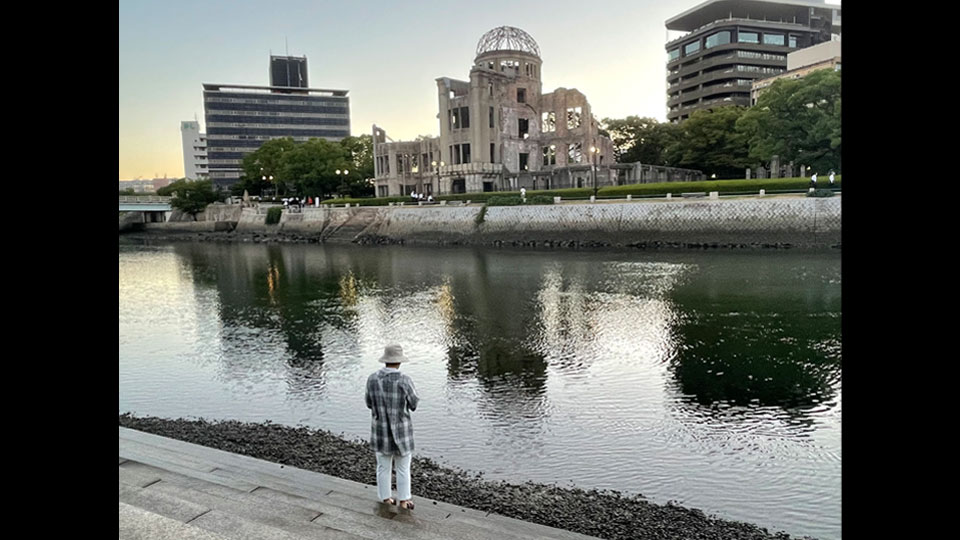
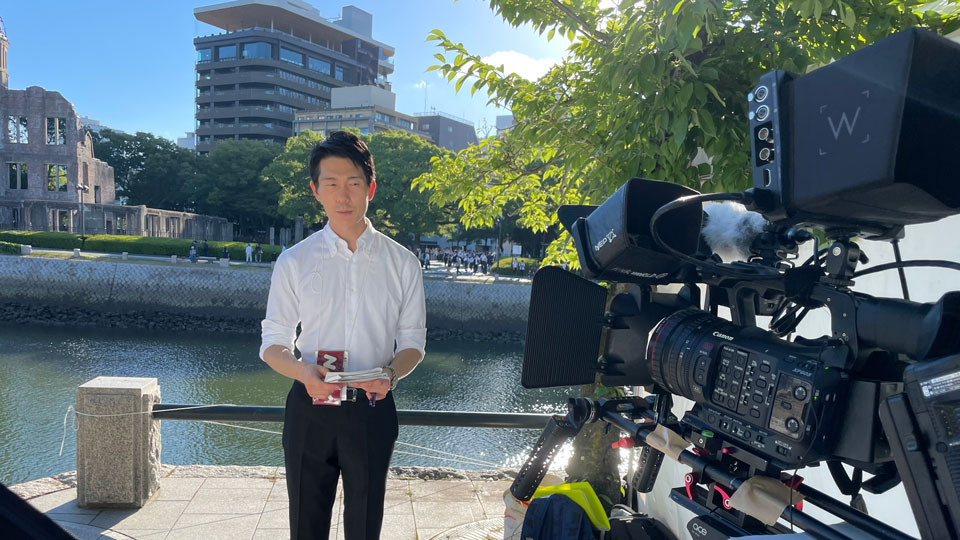
NHK WORLD-Japan will be carrying the ceremonies live from the Hiroshima Peace Park. Visitors have been praying near the site since early Sunday.
Yamaguchi Hiroaki will be reporting live from near the Atomic Bomb Dome. He spent the weekend speaking to those who traveled to Hiroshima for the ceremony.
Visitors arrive for memorial ceremony
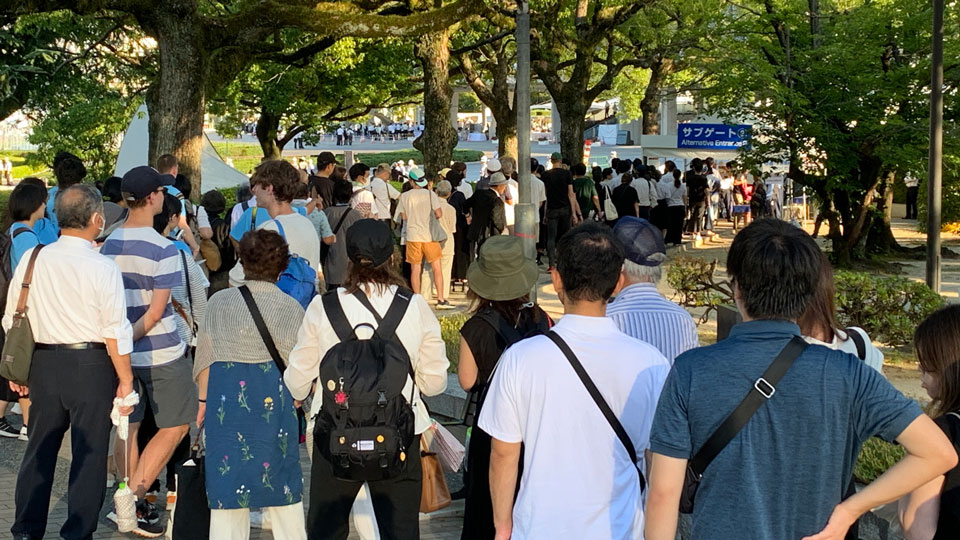
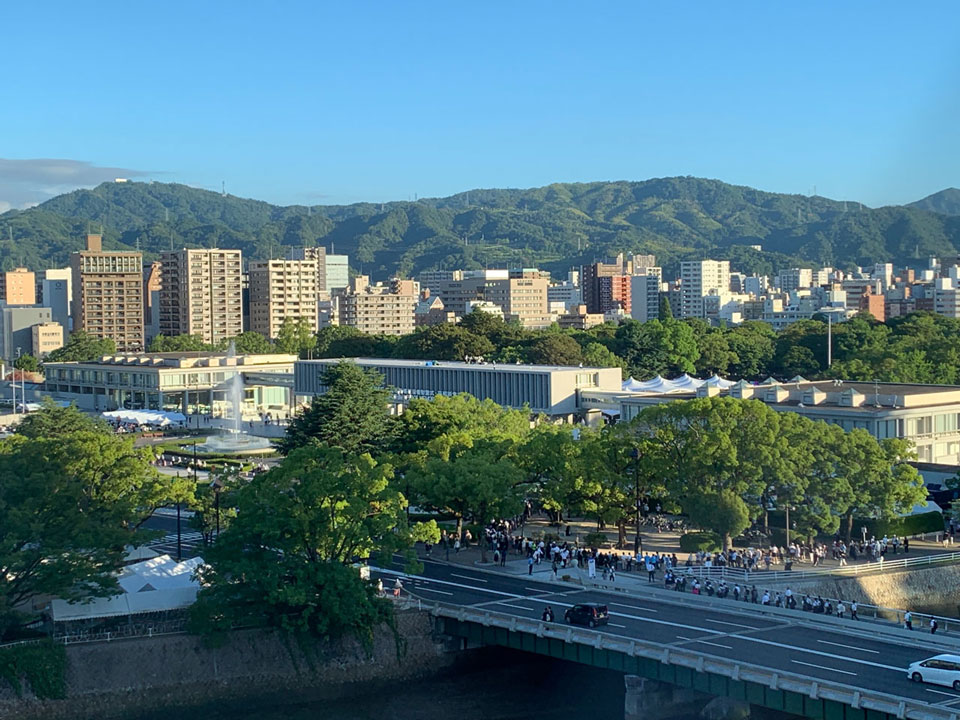
Since early morning, many people are arriving the city's Peace Memorial Park.
8:00 a.m.
Special edition of Newsline starts
NHK World-Japan is now broadcasting a special edition of Newsline, with live coverage of the annual memorial ceremony in Hiroshima City.
Annual ceremony begins in Hiroshima
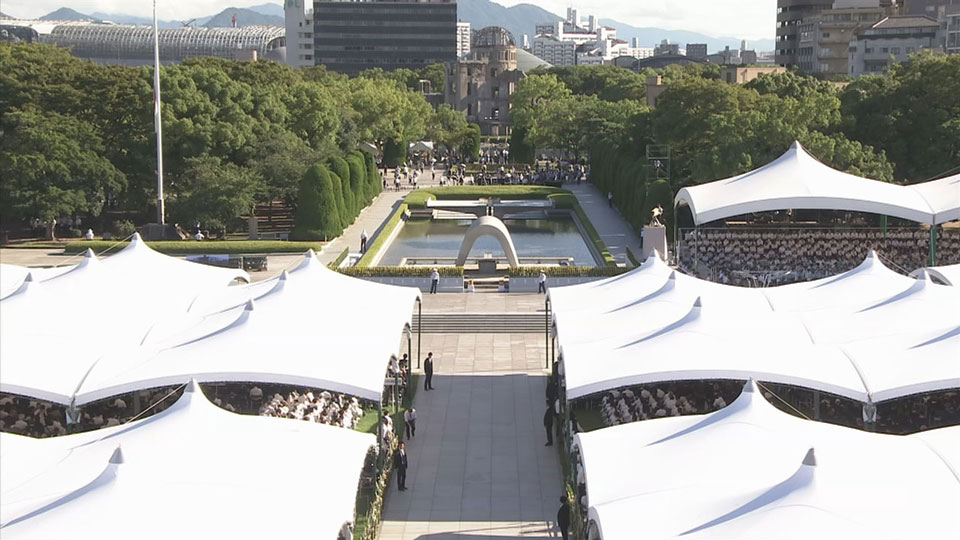
The ceremony has started at Hiroshima's Peace Memorial Park, where a crowd of about 50,000 people has gathered. Japanese Prime Minister Kishida Fumio and representatives from 111 countries are in attendance.
Foreign visitors visit museum for Japanese perspective
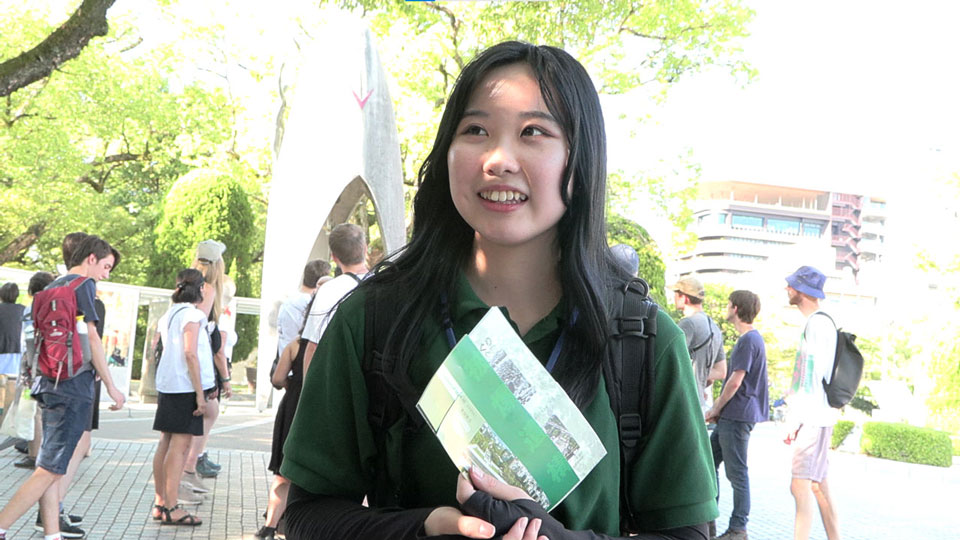
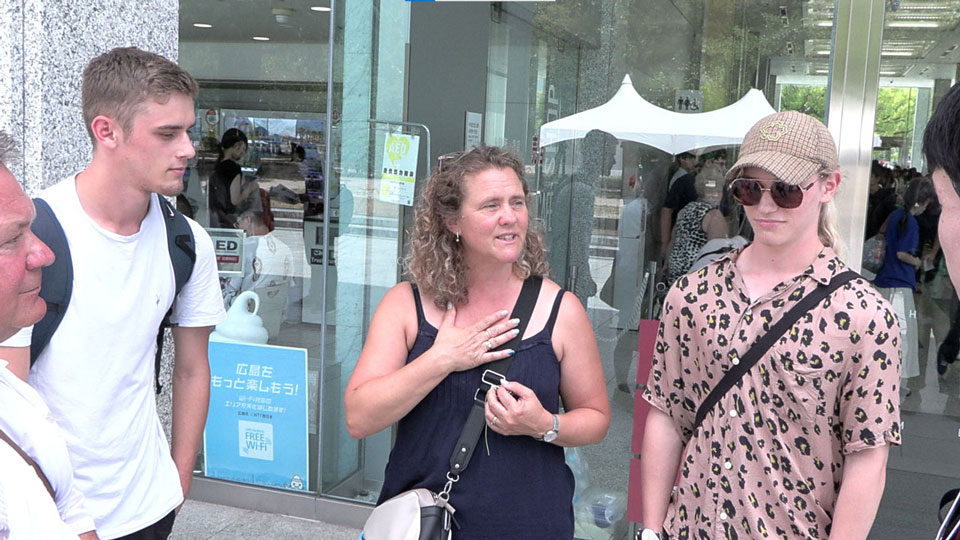
Sue Gallagher, from Britain, visited Hiroshima's Peace Memorial Museum for the first time with her family. She says she wanted to hear the Japanese perspective about what happened in Hiroshima, "to ensure that this kind of thing stops."
8:15 a.m.
Hiroshima falls silent
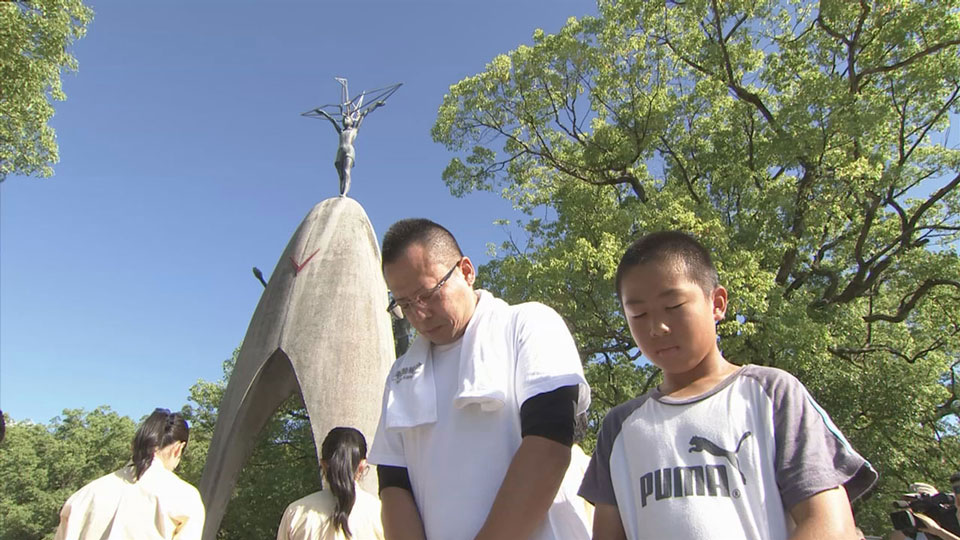
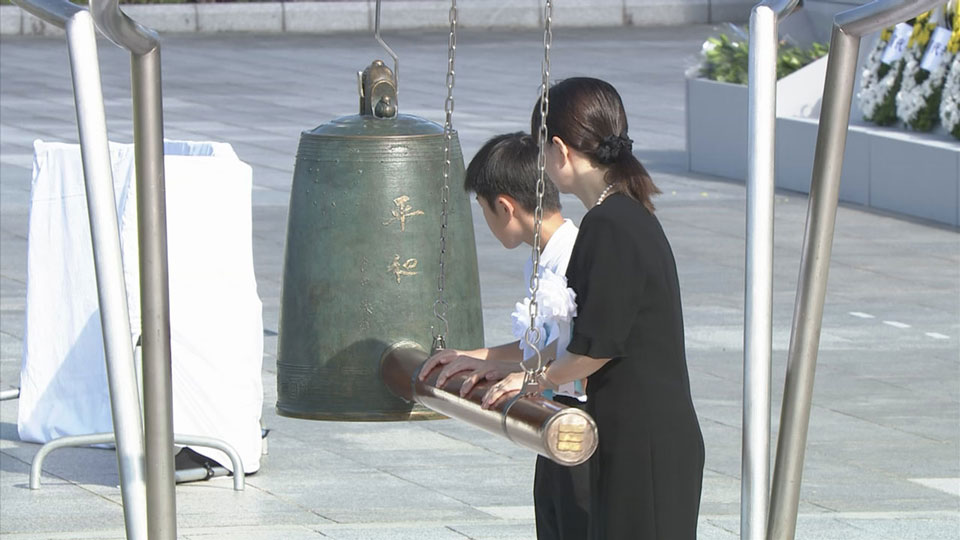
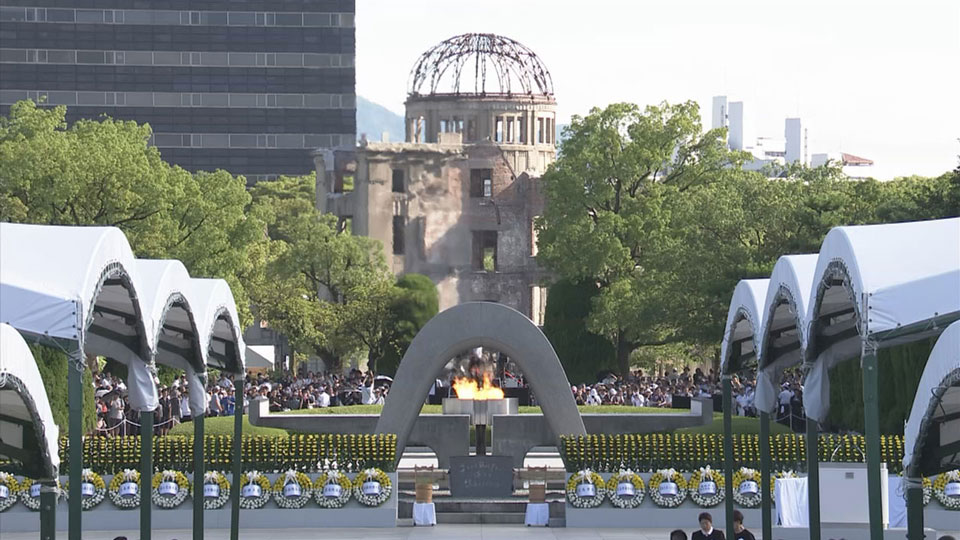
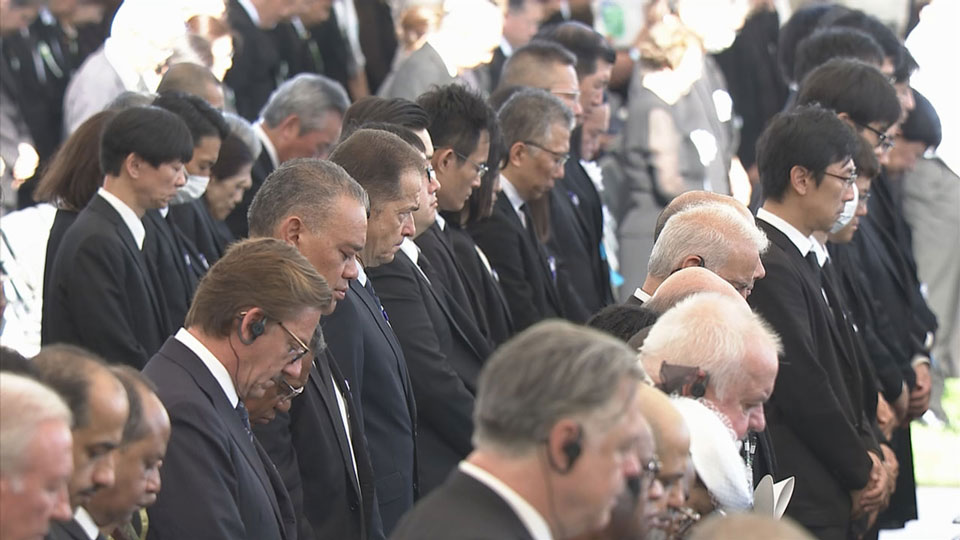
Hiroshima fell into silence at 8:15 a.m. — the same minute the atomic bomb was dropped by the United States on August 6, 1945.
The blast and ensuing fallout killed about 140,000 people by the end of that year and exposed many more to harmful radiation.
Hiroshima mayor gives speech
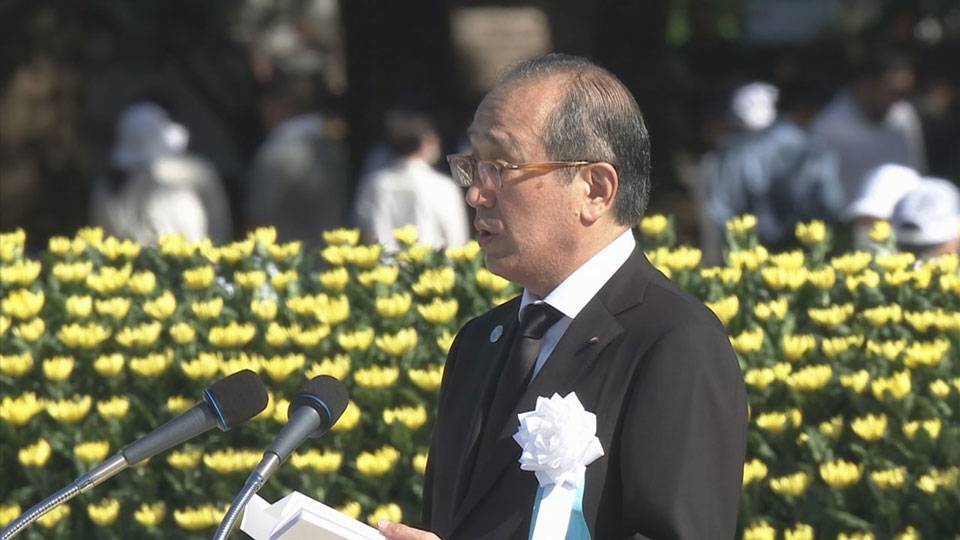
"Leaders around the world must confront the reality that nuclear threats now being voiced by certain policymakers reveal the folly of nuclear deterrence theory," said Hiroshima Mayor Matsui Kazumi.
In his peace declaration, the mayor urged policymakers to abandon nuclear deterrence in favor of a peaceful world that refuses to compromise individual dignity and security.
Matsui also placed a list of the names of 339,227 victims in the cenotaph. It includes 5,320 people who have died or whose deaths have been confirmed over the past year.
Elementary school students spoke
Two elementary school students spoke. Katsuoka Erena explained how her great-grand father, an atomic bombing survivor, blamed himself for surviving after losing his friends. Katsuoka and Yonehiro Tomoru said they wanted to create a future in which everyone can live in peace.
PM Kishida spoke
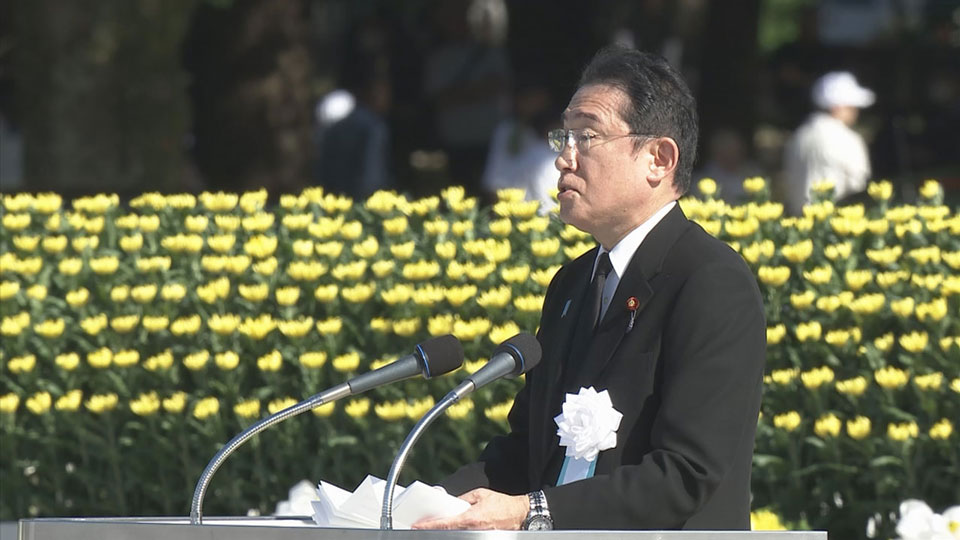
Prime Minister Kishida Fumio said that the road of nuclear disarmament is getting even tougher due to the deepening division in the international community and Russia's nuclear threat. He added that it is important to once again bring back momentum to realize a world without nuclear weapons.
Annual ceremony wraps up
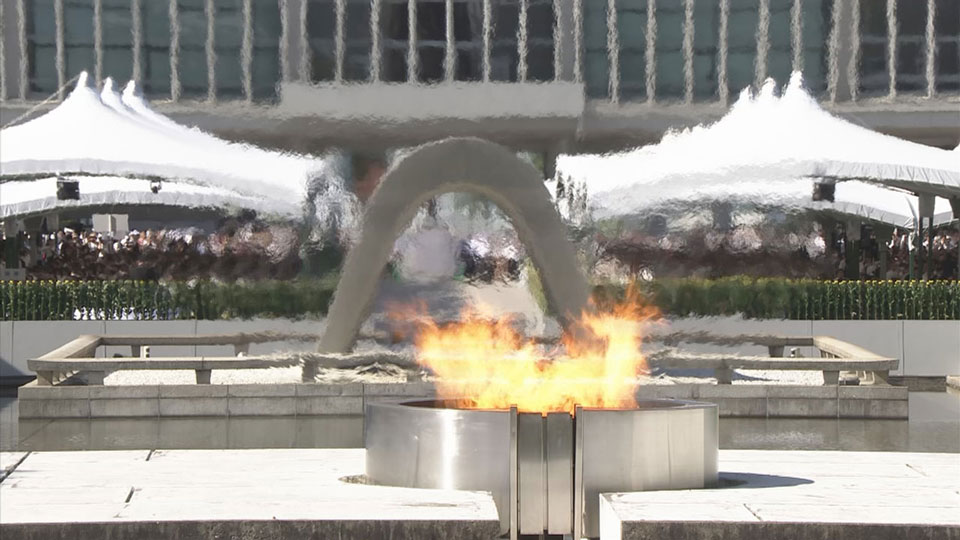
The ceremony has wrapped up at Hiroshima's Peace Memorial Park.
A minute of silence at 8:15 a.m.
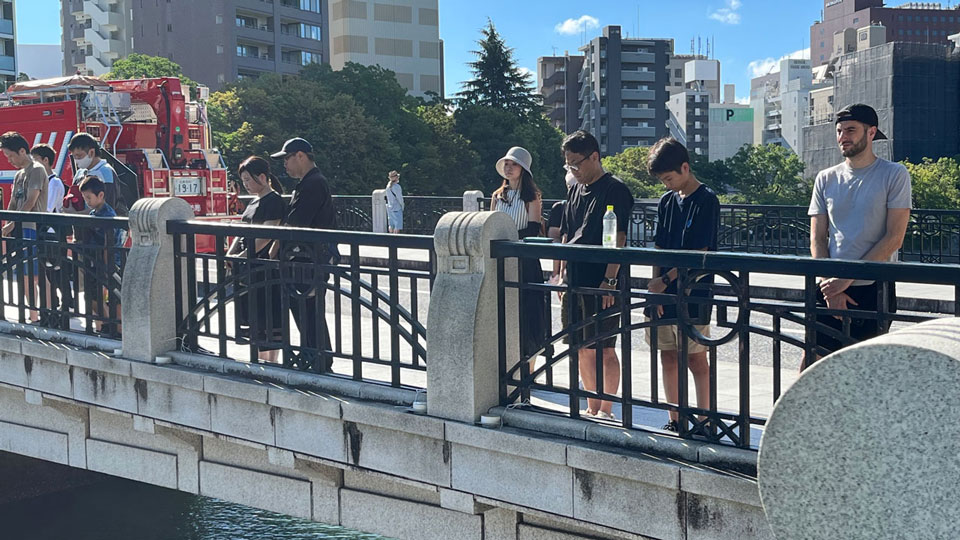
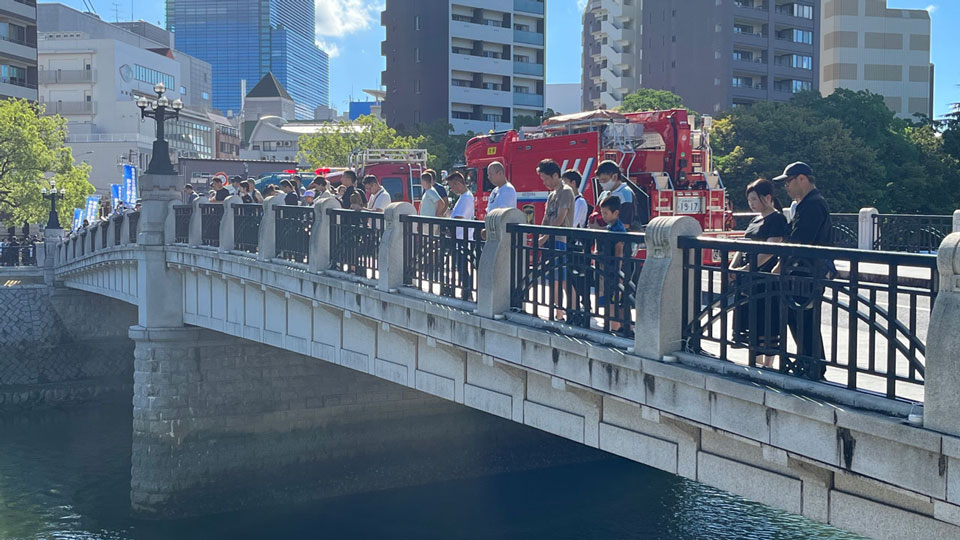
People observed a minute of prayer at 8:15 a.m. The photos were taken at Motoyasu Bridge, near the epicenter of the 1945 blast.
Watch: Ukrainian student prays for peace
A minute of silence near the Atomic Bomb Dome
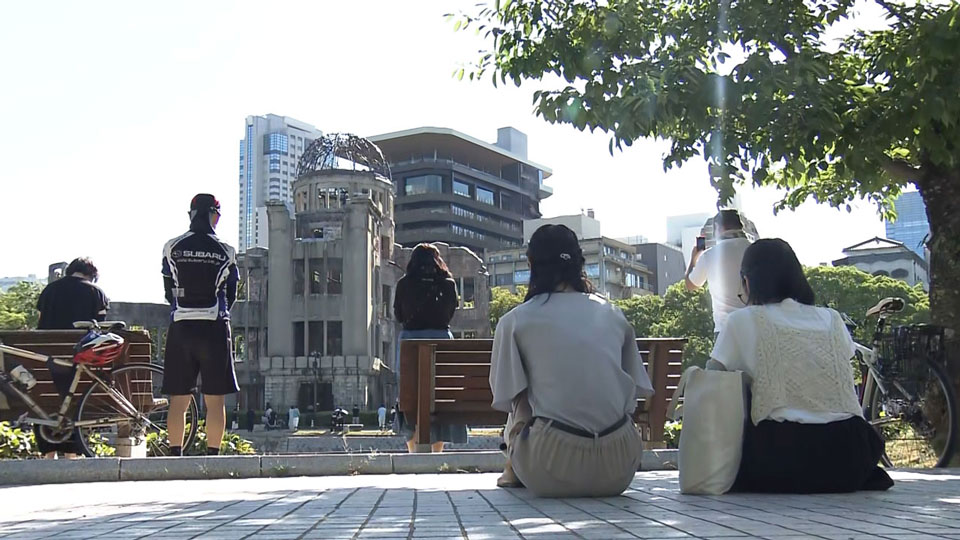
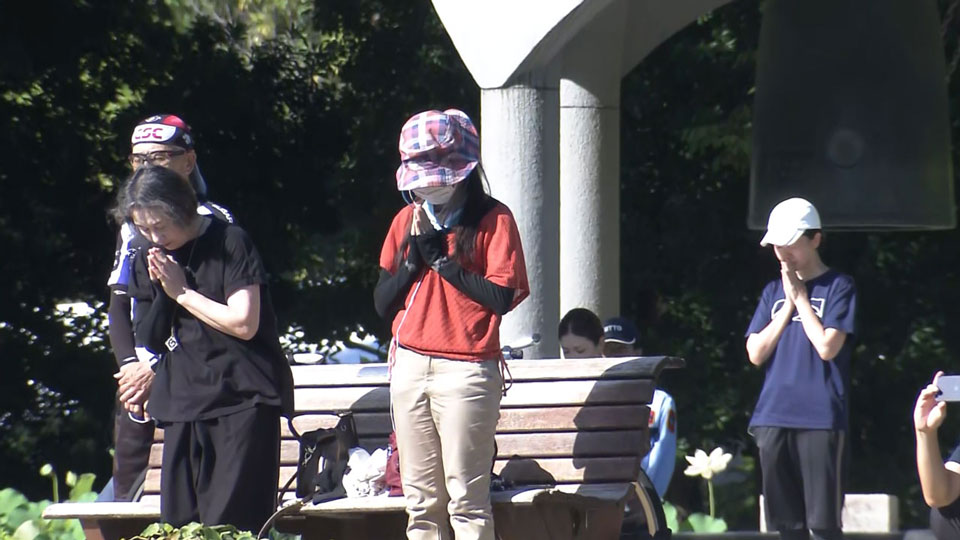
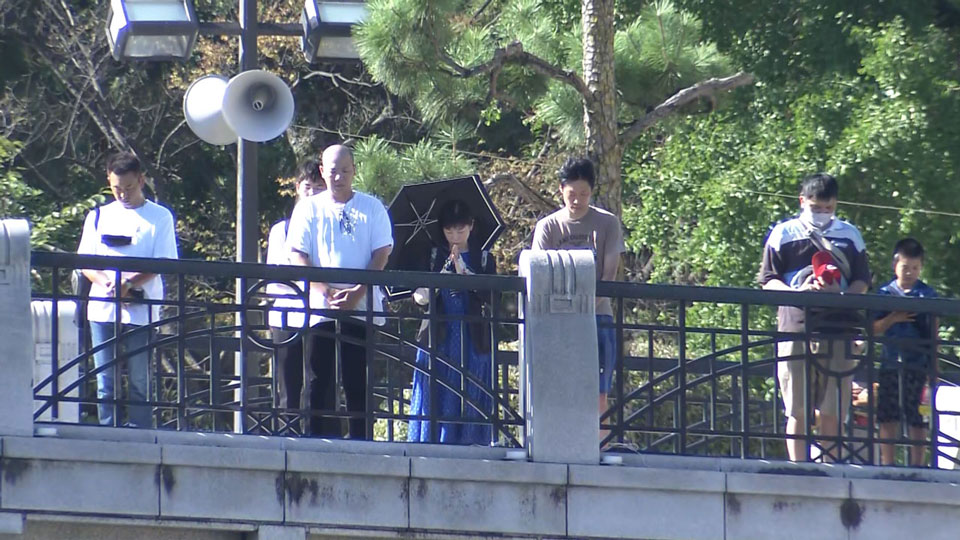
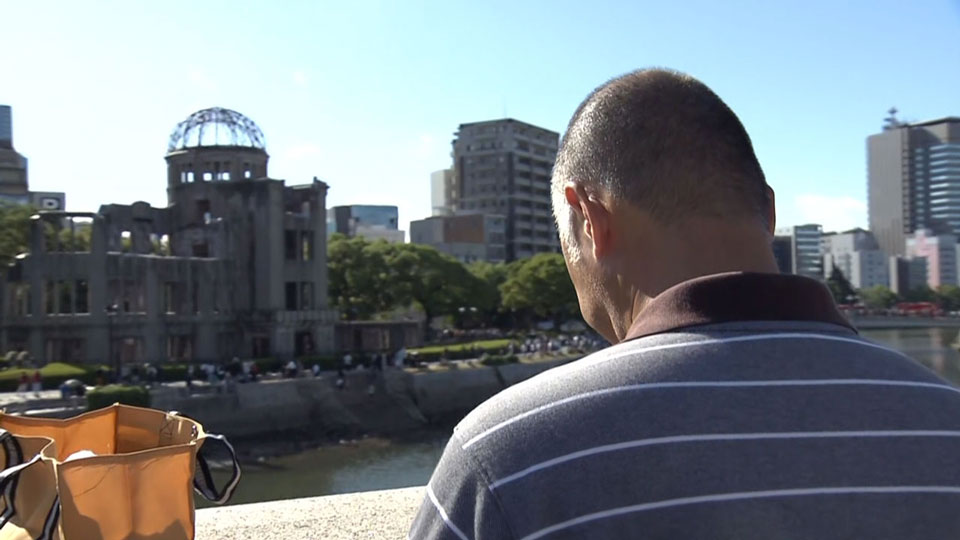
Girl sketching the Atomic Bomb Dome
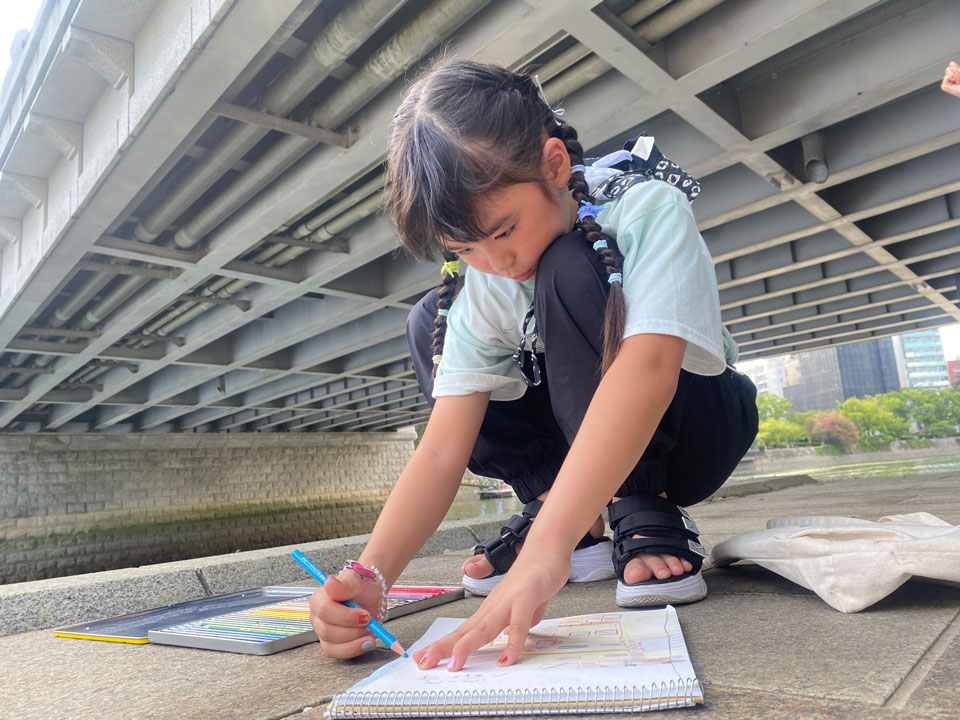
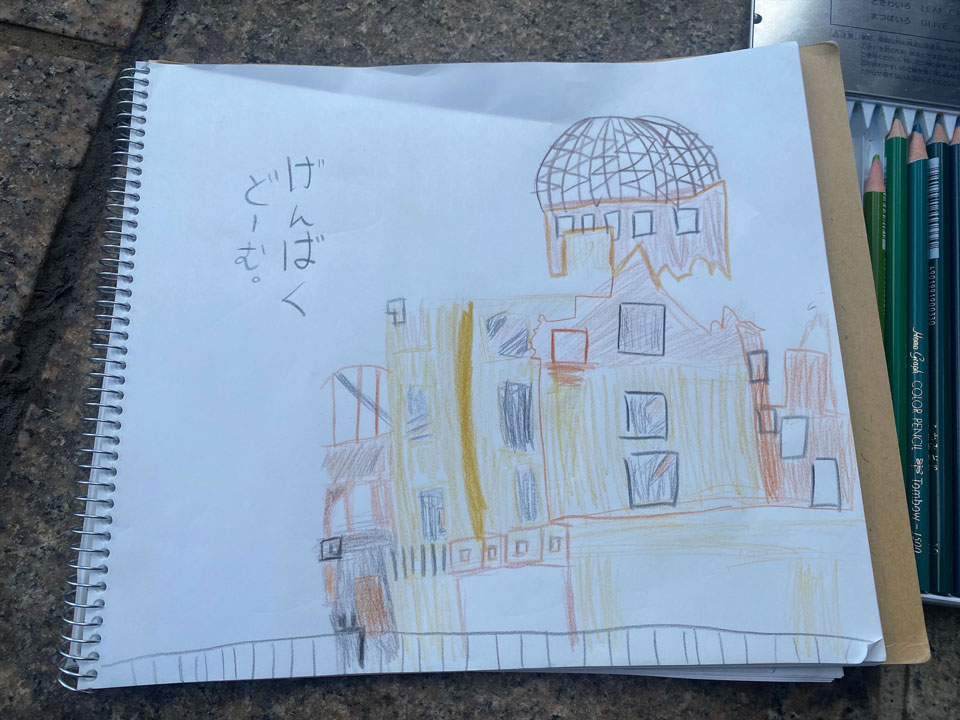
A seven-year-old girl near the foot of a bridge was drawing a picture of the Atomic Bomb Dome during the ceremony. She said she was thinking about the people who died in the bombing while she sketched it.
Foreign tourists offer prayers
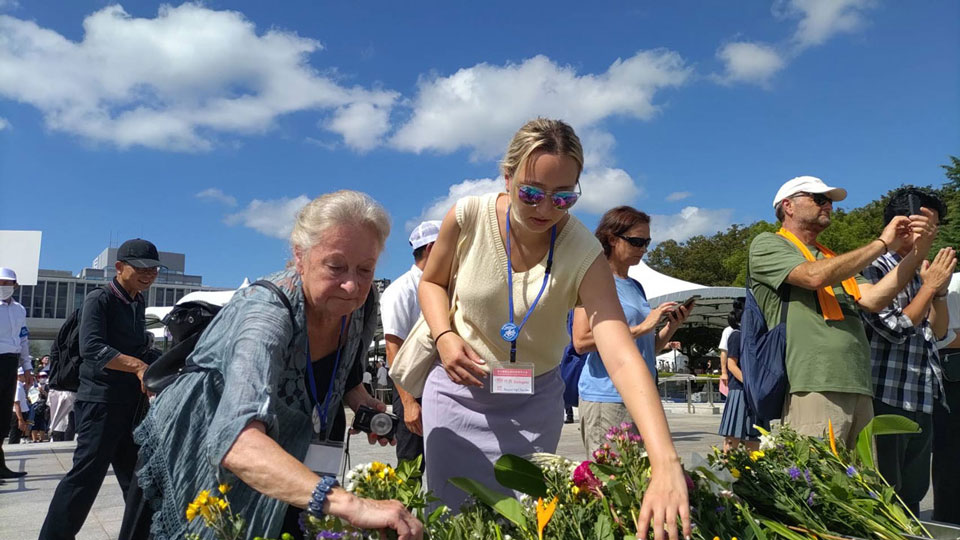
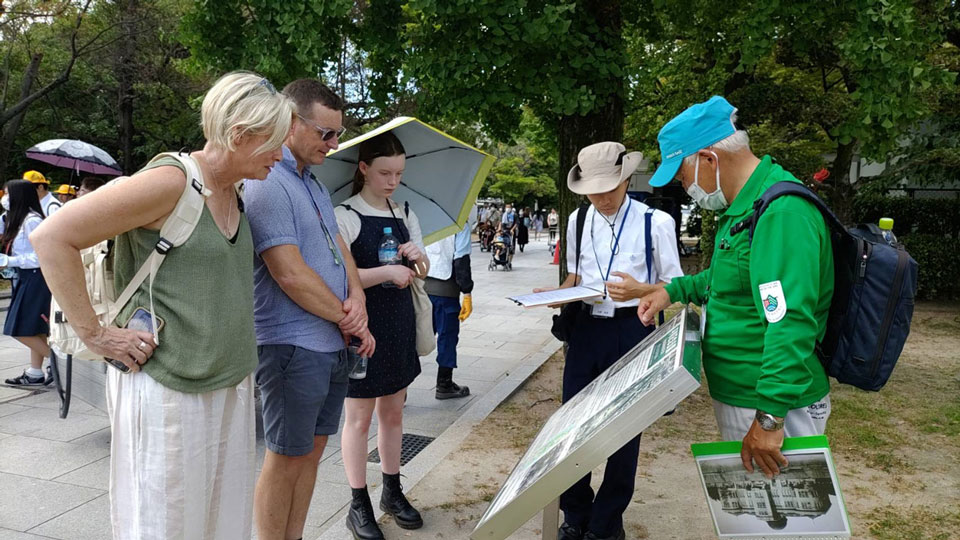
Many foreign tourists are visiting the Peace Memorial Park after the annual ceremony was wrapped up. Some are listening attentively to their guide's explanation of the site while others are laying flowers at the cenotaph.
Long lines at cenotaph
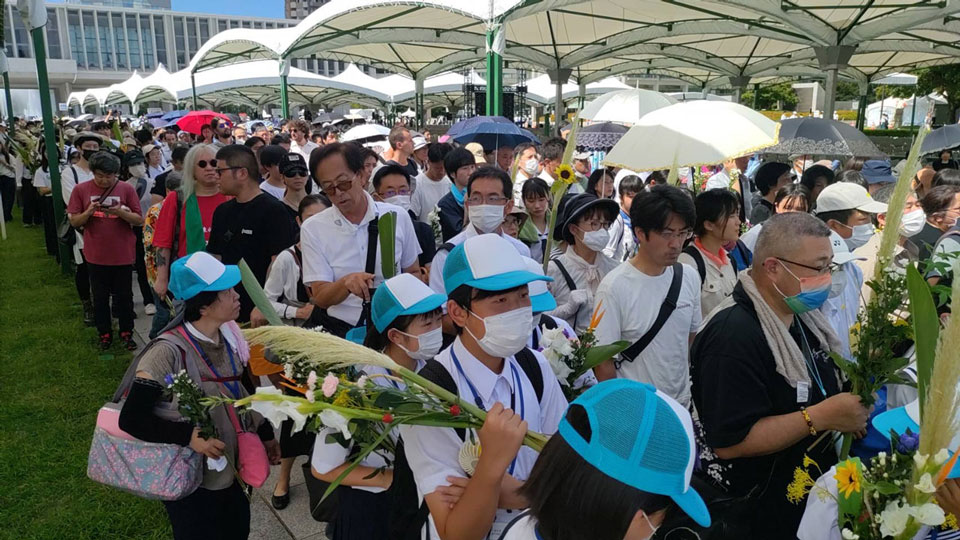
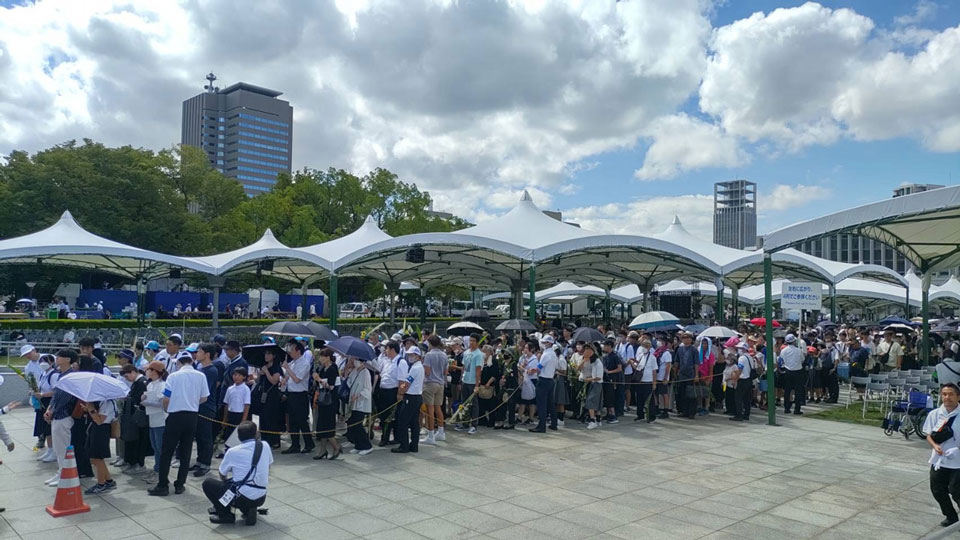
After the ceremony, people continue to line up in front of the cenotaph to offer prayers.
Watch: Hiroshima falls silent at 8:15 a.m.
Boy gives away paper cranes
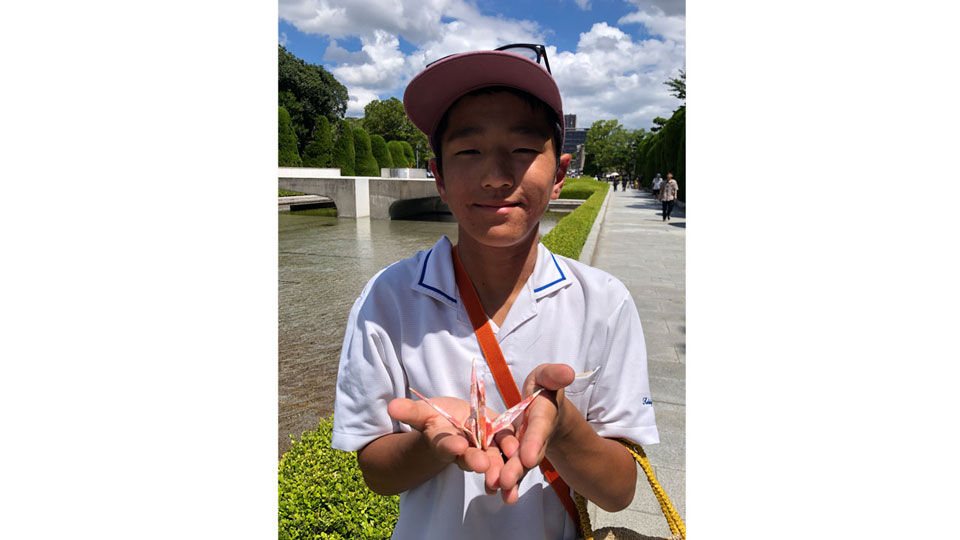
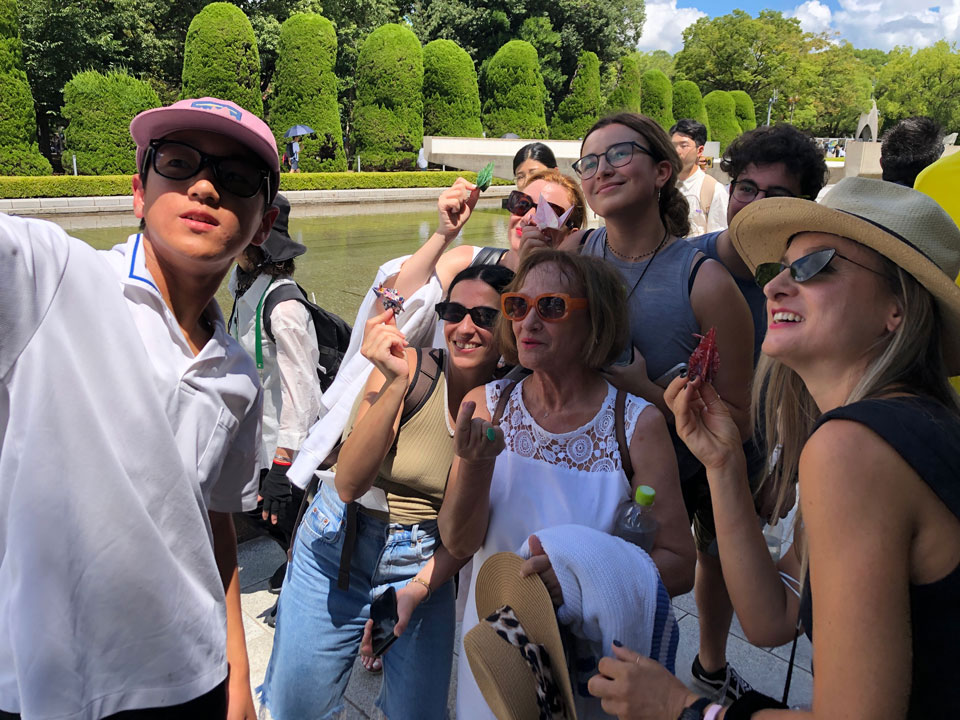
A junior high school student folded a hundred paper cranes, a symbolize of peace, and gave them away to foreign visitors. He handed the cranes to people from more than 20 countries at Hiroshima's Peace Memorial Park on Sunday morning.
School students' plan for peace
Elementary school students watched the Peace Memorial Ceremony at school. After offering a minute of silence at 8:15 a.m., they announced a "pledge" for peace they had crafted. They said they would value others' opinions and use warm words.
Visitors flock to see G7 exhibit
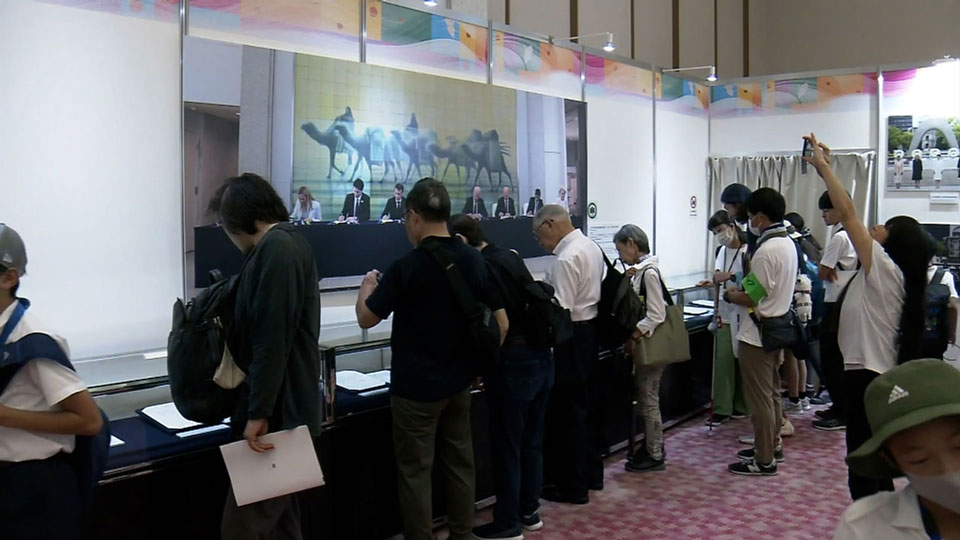
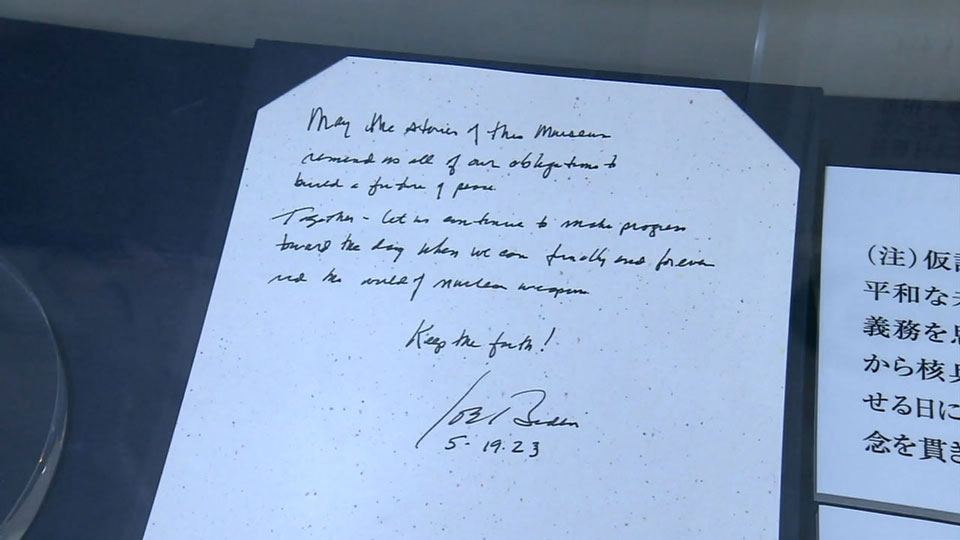
A long queue has formed to see an exhibit of the Group of Seven summit memorabilia in Hiroshima. The display includes a guest book in which G7 leaders wrote messages of peace when they visited the Hiroshima Peace Memorial Museum in May.
Prime Minister Kishida holds news conference
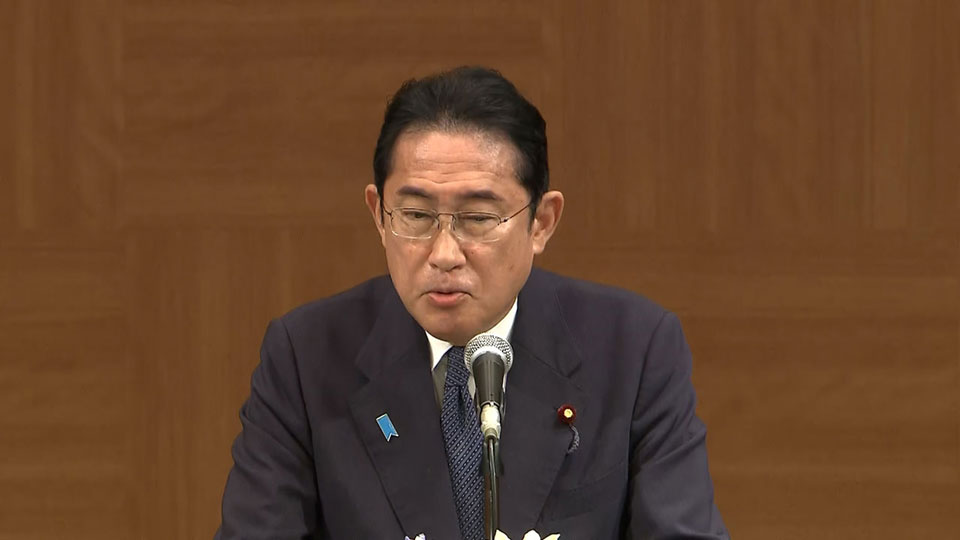
Prime Minister Kishida Fumio has held a news conference after attending the annual ceremony. Kishida stressed that he wants to create an environment where nuclear and non-nuclear countries can discuss the framework of the Treaty on the Non-Proliferation of Nuclear Weapons, or NPT, to realize a world without nuclear weapons.
People lining up for Peace Memorial Museum
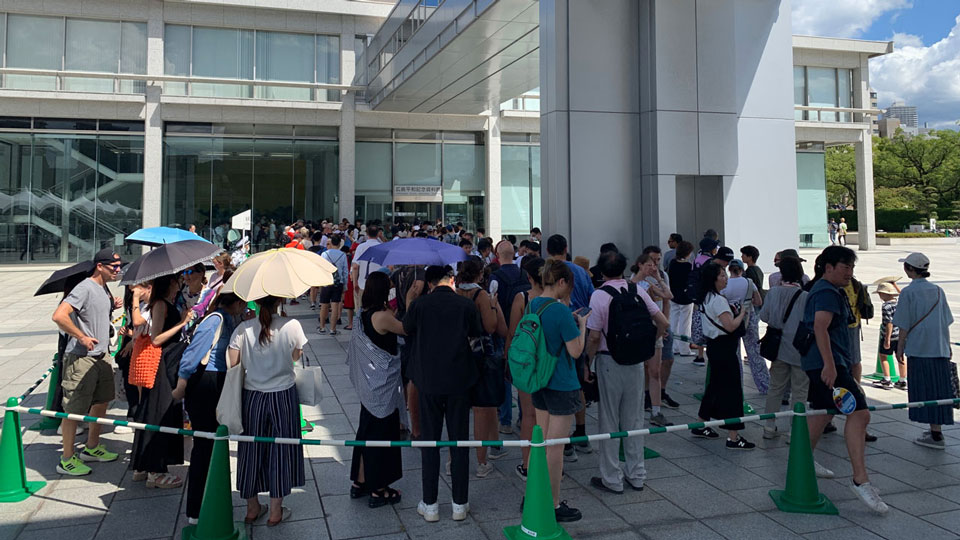
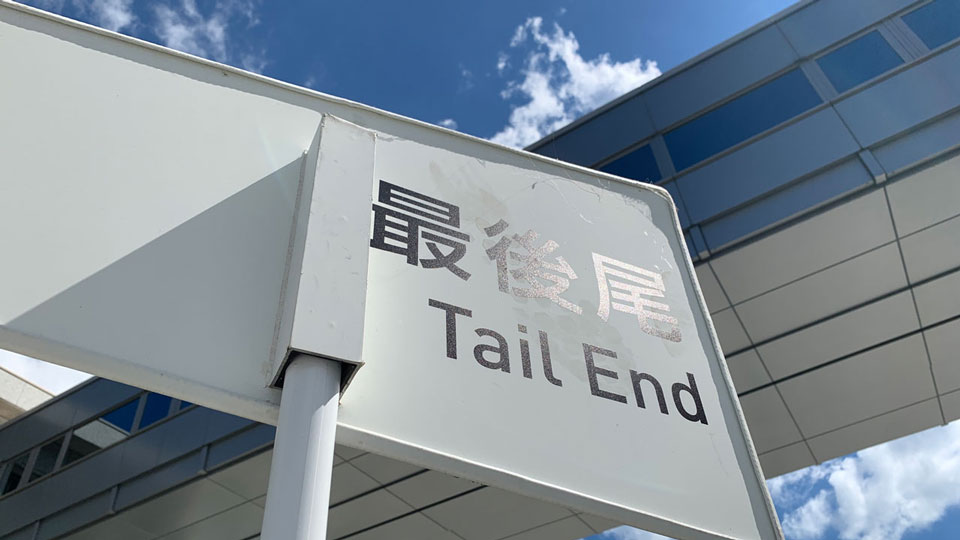
Despite the scorching heat, a long line of visitors has formed in front of the Peace Memorial Museum, which stores photos of the devastation and other materials that survived the bombing in 1945. Officials say it takes nearly an hour to get in as of 2:30 p.m.
A survivor not satisfied with PM's speech
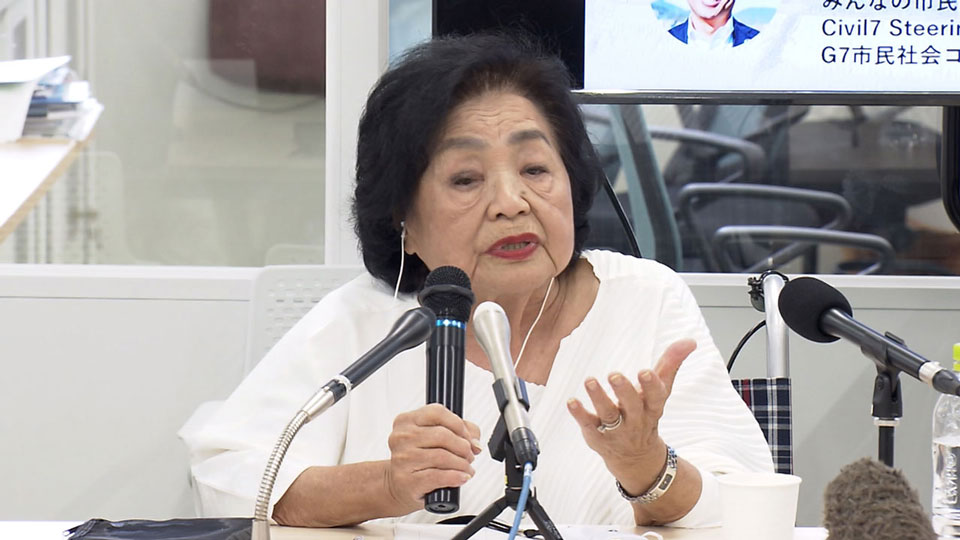
Setsuko Thurlow, a Canada based 91-year-old atomic bombing survivor of Hiroshima, attended the ceremony for the first time in 8 years. Afterwards, she told reporters that while PM Kishida had said Japan would firmly maintain its three non-nuclear principles of not possessing, not producing and not permitting the introduction of nuclear weapons into Japan, what she wanted to hear from the PM were concrete action plans. She added Kishida didn't respond to what survivors have been asking for over 70 years.
People ready paper lanterns
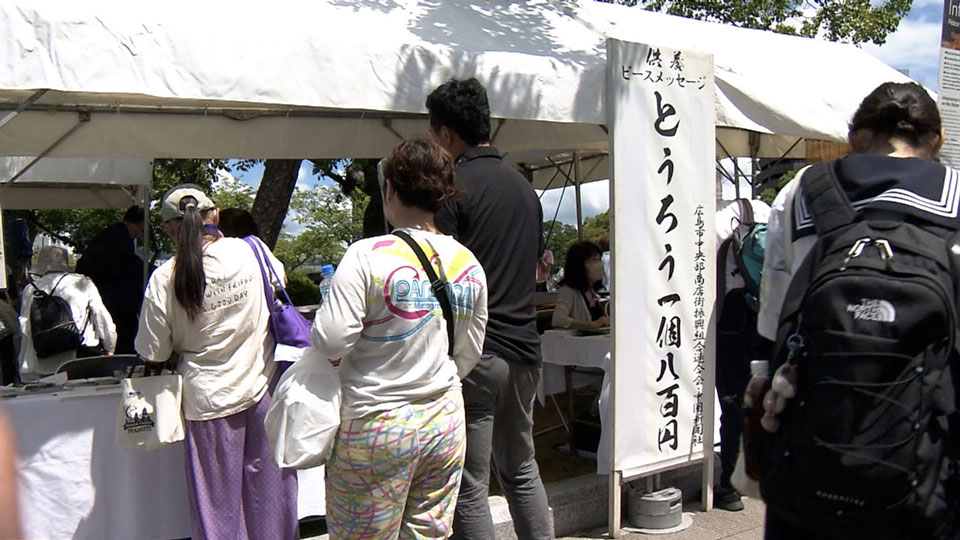
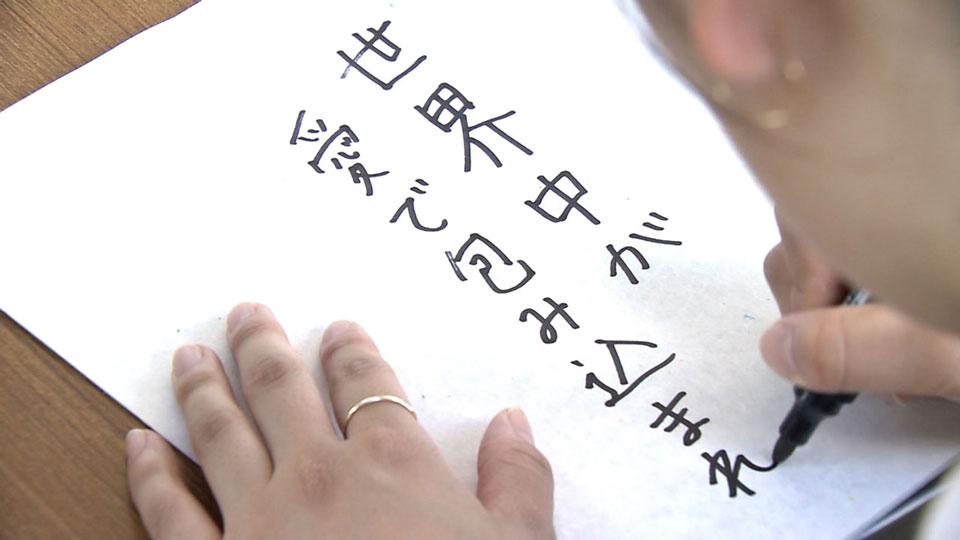
People at the Hiroshima Peace Memorial Park are writing messages on paper lanterns that will be floated down the river on Sunday evening to mourn those who died.
Survivors press Kishida to join treaty on banning nuclear weapons
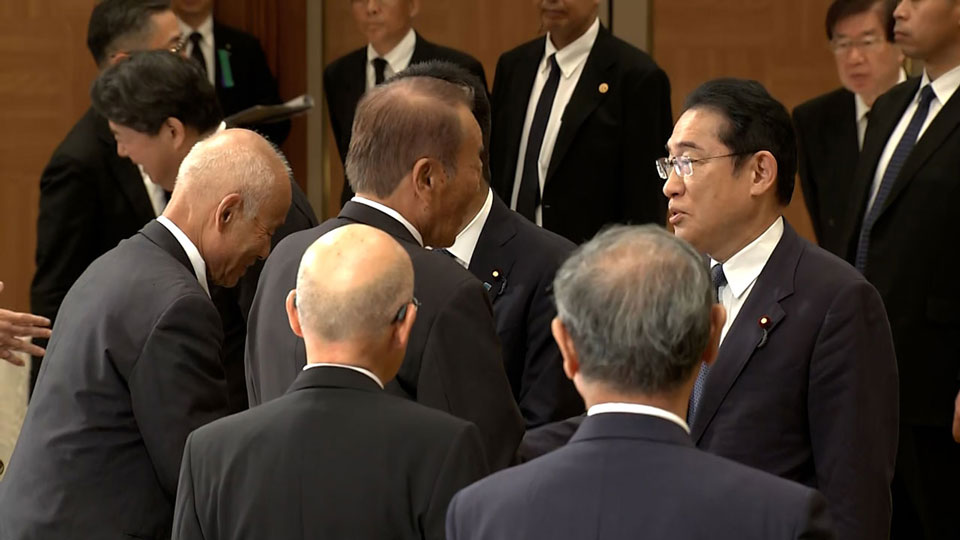
Representatives of an atomic bomb survivors' group have met with Prime Minister Kishida and asked him to sign and ratify the Treaty on the Prohibition of Nuclear Weapons.
Kishida, in response, pointed out that no nuclear power has joined the treaty. He added that it is Japan's responsibility to bring them closer to the pact.
Survivors share their stories in English
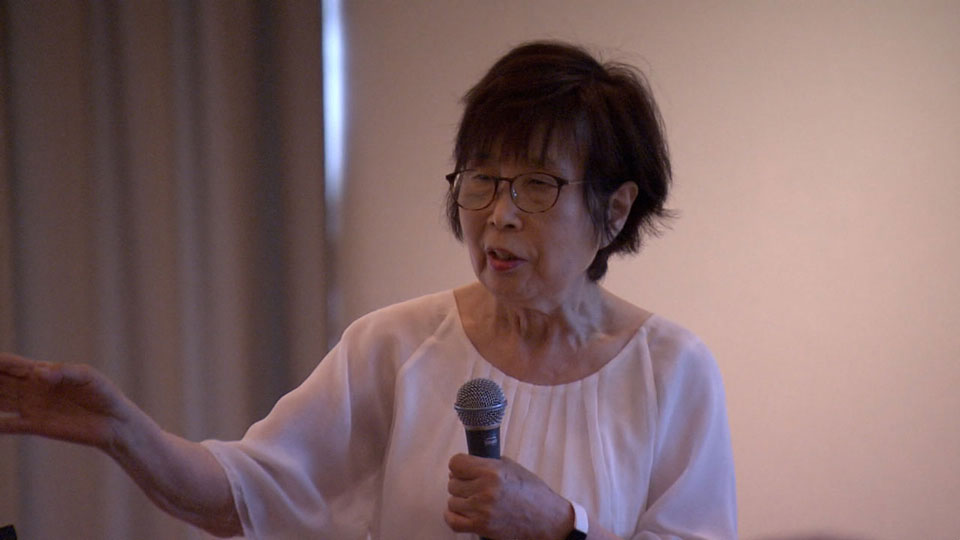
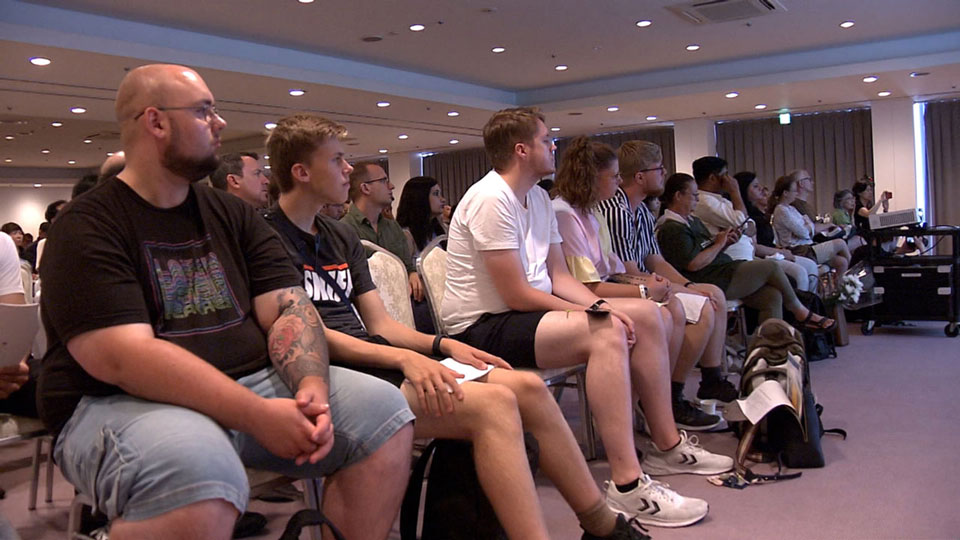
Some survivors spoke about their experiences in English at the Peace Memorial Museum. Among them was 86-year-old Ogura Keiko, who had met G7 leaders and Ukrainian President Volodymyr Zelenskyy at the G7 summit in May. She stressed that it's important to first know history before talking about what we can do to promote a peaceful world. A UK national in his 20s said it was a valuable opportunity to have heard first-hand testimony.
Watch: Students present picture-story
